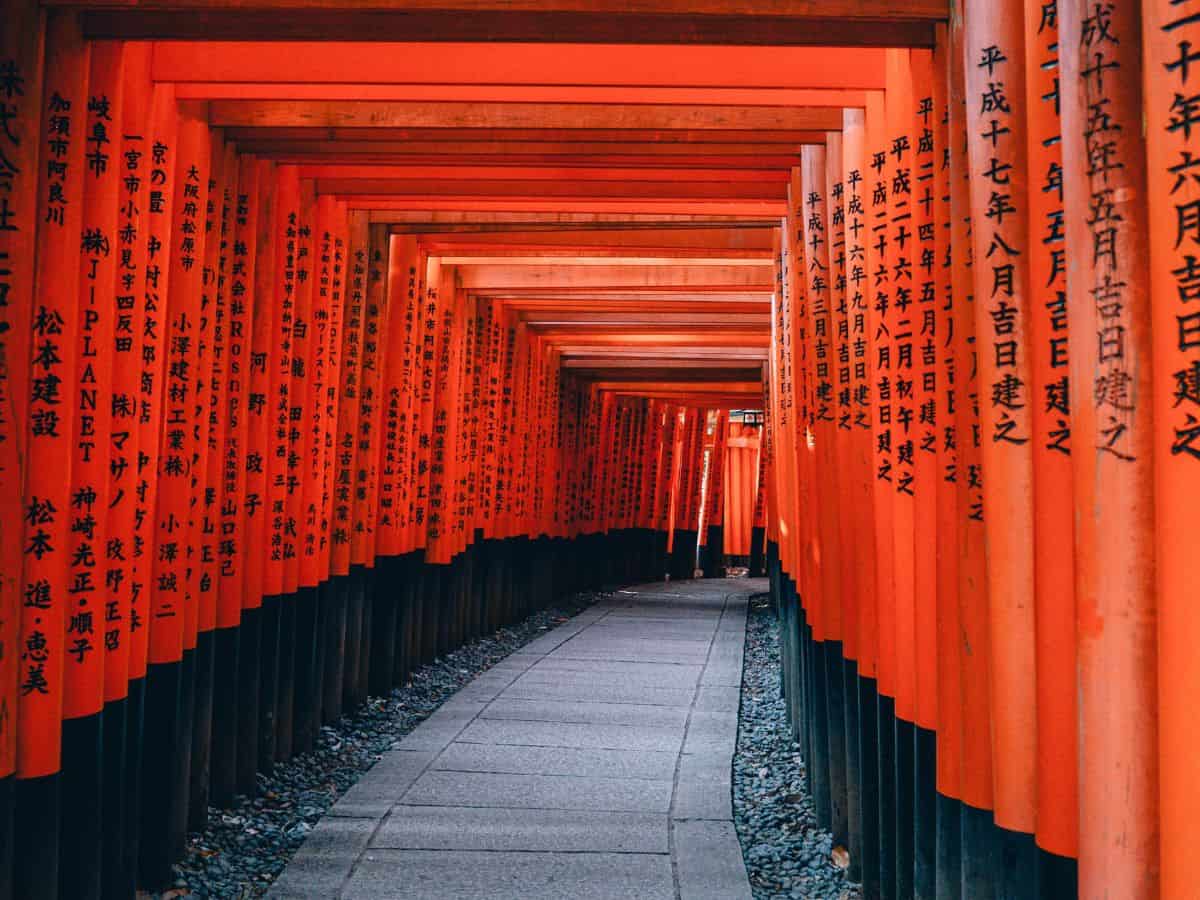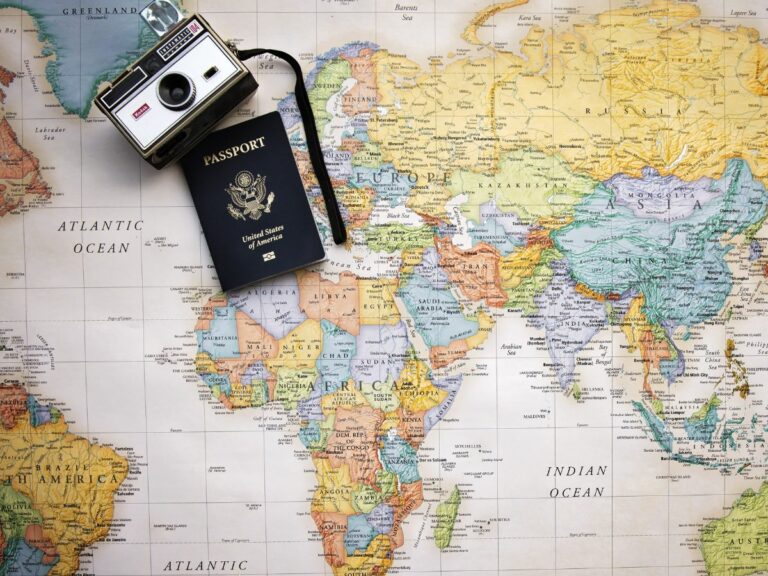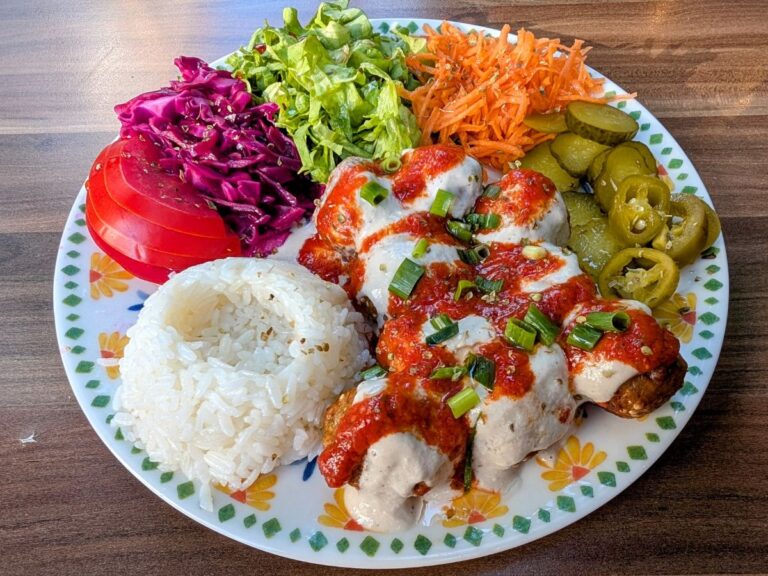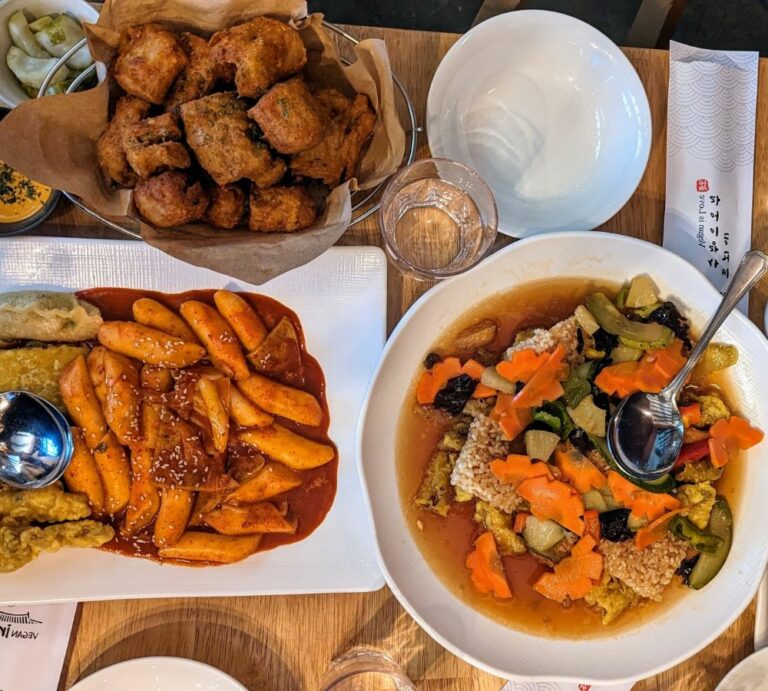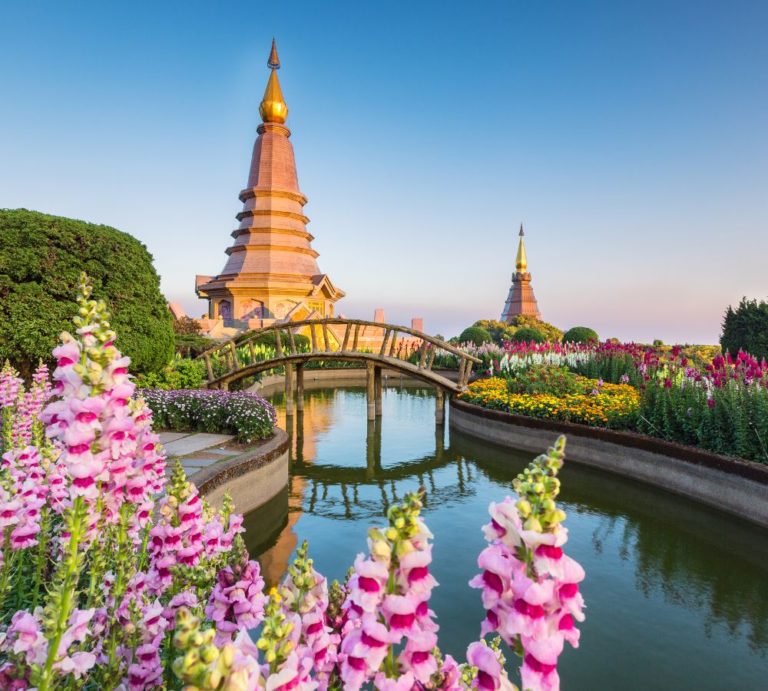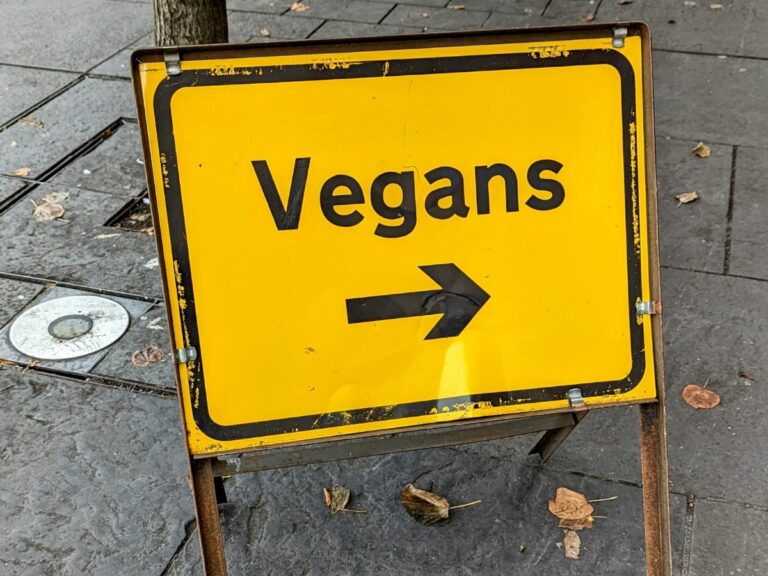Is Japan Vegan-Friendly?
Japan doesn’t always exude the most vegan-friendly vibes. The land of Matcha and sashimi has a strong love affair with fish and other animal products, which makes traveling there a little more challenging for vegans, but all of that is changing.
Over the last decade, many major cities in Japan have been undergoing a vegan revolution. What was once a desolate land for vegans is now filled with vegan ramen shops and even options for crispy kaarage (fried chick’n), takoyaki, and so much more!
I want to clarify one thing: asking if Japan is vegan-friendly isn’t really a realistic question. The country is roughly the size of California, and anyone who has spent time in a place that big knows that there is a lot of variety in culinary experiences. What you can expect to find in Tokyo will differ from what you’ll find in a tiny rural village. Honestly, most rural parts of Japan aren’t all that vegan-friendly and will require more research and effort (maybe something to consider when planning your itinerary). If you want to have a full-on vegan foodie adventure, then it’s best to stick to the major cities — Tokyo, Kyoto, and Osaka.
This year, Japan emerged as a popular destination for client requests; while I often feel confident advising on destinations I haven’t personally visited, Japan wasn’t one of them. So, I got lucky, found an airfare deal, and decided it was time to investigate what’s in store for vegans in the land of the rising sun.
Japan is a unique and exciting destination that’s becoming more vegan-friendly. I loved it and look forward to returning, but that might not be the case for everyone. Before booking your ticket or planning your itinerary, look at this lineup of things I think vegans need to keep in mind before visiting (also, check out these general vegan travel tips).
Is Japan Vegan-Friendly: Things to Know Before Visiting
Sneaky Non-Vegan Ingredients
There were plenty of things that I thought would naturally be vegan or are vegan in the US but not in Japan. It’s essential to download Google Translate (if you don’t already have it). That can cut down on the guessing game!
Here are a few things that are common to find in Japanese dishes that aren’t vegan:
Dashi (fish broth)
Dashi, a broth made from bonito (fish) flakes, is a common base in many Japanese dishes, including soups, sauces, and rice dishes.
Katsuobushi (bonito flakes)
These are often used as a garnish, even on seemingly vegan dishes like tofu or vegetable salads. Ask to leave these off.
Eggs and Dairy
Eggs are frequently used in dishes like tamago (Japanese omelet) and may be included in some noodle dishes or baked goods. Dairy can also appear in unexpected places, so it’s worth asking.
These Japanese dishes might seem vegan-friendly but aren’t always:
Miso soup
Hidden ingredient: Dashi (fish broth)
Vegetable tempura
Hidden ingredient: Eggs
Soy sauce
Hidden ingredient: Bonito extract
Pickled veggies
Hidden ingredient: Fish seasonings or dashi
Seaweed salad
Hidden ingredient: Fish sauce or bonito flakes
Soba/Udon dishes
Hidden ingredient: Dashi in the broth
Rice crackers
Hidden ingredient: Bonito flakes or fish seasonings
Tofu dishes
Hidden ingredient: Dashi or bonito flakes
Challenging Language Barrier
The Japanese language is challenging to learn (I highly recommend learning phrases before you go), and you shouldn’t expect the majority of people to speak English, let alone understand what vegan means. I’ve already mentioned Google Translate once, but it’s important to say it again, as it will save you multiple headaches!
When you’re telling someone that you’re vegan, I’d skip using the word and tell them what you don’t eat. Vegan might mean something different to them than it does to you. I had this happen in a hotel. They kindly crossed off all of the dishes on their menu that they didn’t think were vegan but then added an asterisk next to a few and labeled them dashi. I said, “dashi is fish, right?” The person said, “yes, but it’s not the actual meat, just the broth,” as if that distinction made it ok!
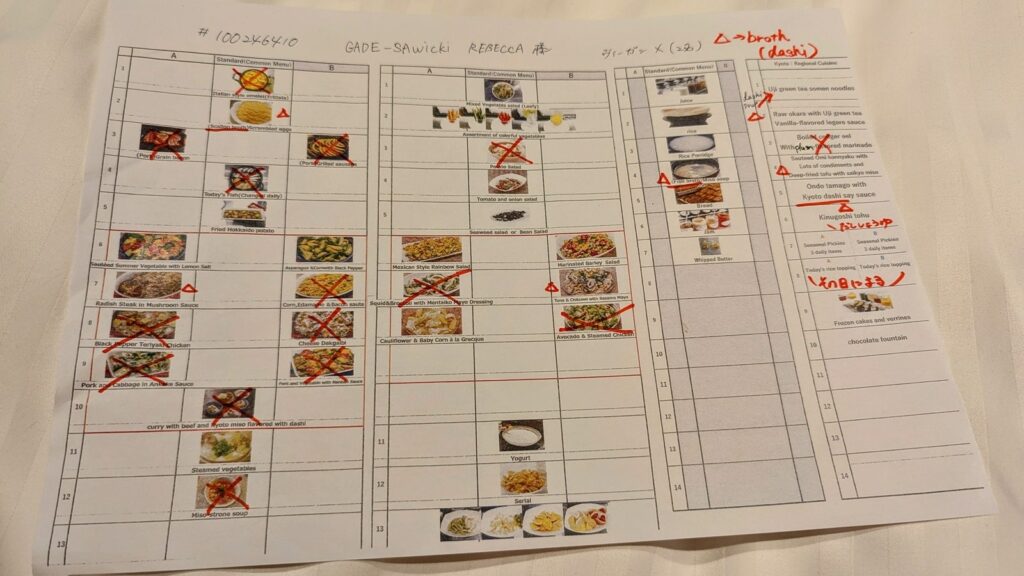
Research Vegan & Vegan-Friendly Restaurants
No matter where you’re going in Japan, you must do some research and have a game plan. In larger cities, you may have more options than you have time to visit, and in smaller cities, it might be the opposite! Japan isn’t a destination that I would recommend just winging it unless you’ve been there before.
The other thing to consider is opening hours. I always run into challenges with restaurant opening times, but I hit the jackpot in Japan. You might find that restaurants are open select hours throughout the day, only open in the evening, or closed on random days throughout the week. The other challenge I ran up against was that opening hours were not updated in the Google business profile. All of that is to say, if you have your heart set on visiting somewhere, be sure to check their hours in a couple of different places.
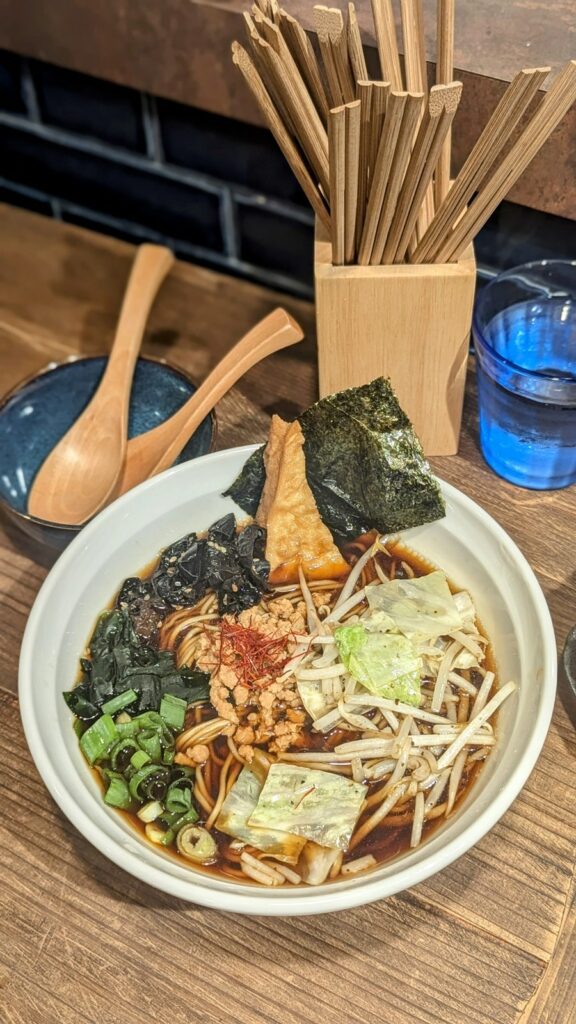
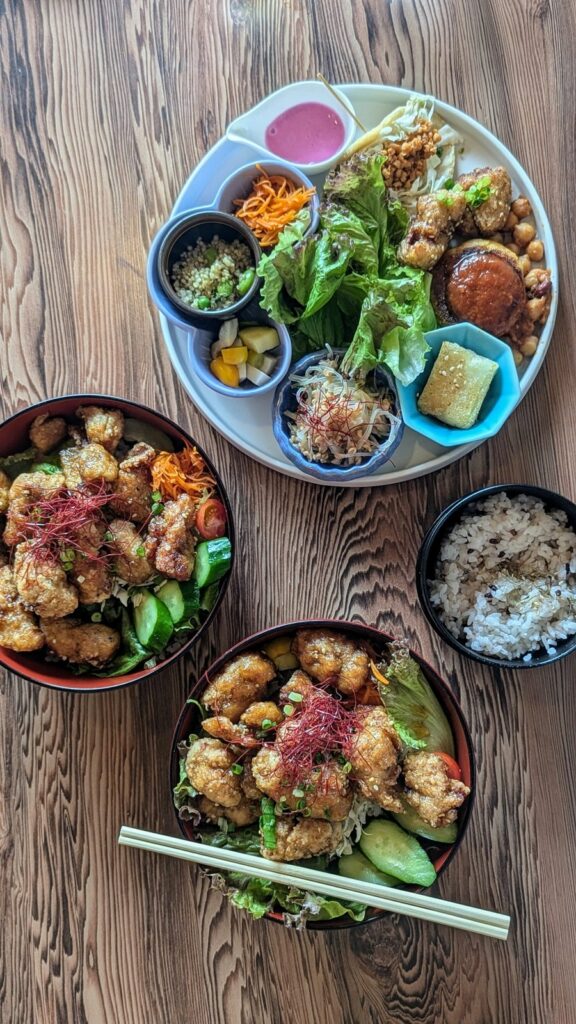
Enjoy Shojin Ryori (Buddhist Temple Cuisine)
Shojin Ryori is a traditional Japanese Buddhist cuisine that is entirely plant-based and originates from Zen Buddhist temples. Rooted in the principles of non-violence and respect for all living beings, Shojin Ryori excludes all animal products, focusing instead on seasonal vegetables, grains, tofu, and seaweed.
I’ve found two ways you can experience the cuisine. First, book a temple stay. There are some temples in Japan that are open to tourists, but before you book, make sure that they offer Shojin Ryori. A great option near Kyoto is Waqoo Miidera. The second option is to book a cooking class to learn about the cuisine and enjoy it!
Japan Vegan Travel Help
Don’t miss these other guides and resources to plan your adventure to Japan!
The Best Spots for Vegan Food in Kyoto
6 Fantastic Vegan Restaurants You Must Visit in Tokyo
Where to Find the Best Vegan Food in Osaka
Don’t want to plan the trip yourself? Hire a vegan travel advisor!
Traditional Ryokans Might Not Be the Best Accommodations
A ryokan is a traditional Japanese inn that offers a unique cultural experience, blending the customs of old Japan with warm hospitality. You get to stay in rooms with tatami-mat floors, sleep on futons, and often wear yukata robes provided by the ryokan. A stay typically includes a kaiseki meal or a multi-course dinner highlighting seasonal and local ingredients, but it’s traditionally not vegan-friendly. The meal is generally fish-based, and most ryokans won’t make changes for dietary requests. Now, finding vegan-friendly ryokans that offer Shojin Ryori might be possible. When you’re researching, look for Shojin Ryori instead of vegan or vegetarian, and when emailing, also ask if they can provide Shojin Ryori food so there’s no confusion.
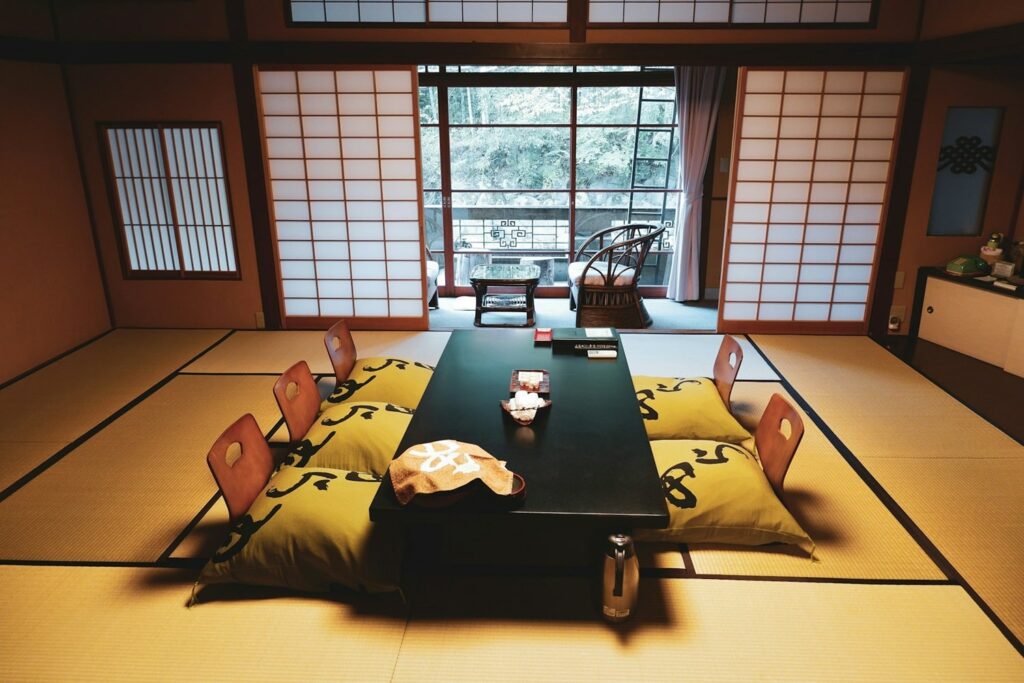
Vegan Alternatives Aren’t Always Easy to Find
I went into a few grocery stores in Tokyo and Osaka and didn’t find a vegan section. Locals told me it does exist, and your best bet is visiting organic or health food-focused shops. Another option is to ask the staff at vegan restaurants, where you can find products like cheese, burgers, or yogurt. I found plenty of tofu and soy products in regular supermarkets that were vegan but I highly recommend not buying anything unless you check the label with Google Translate. You’d be surprised how many things had fish in it!
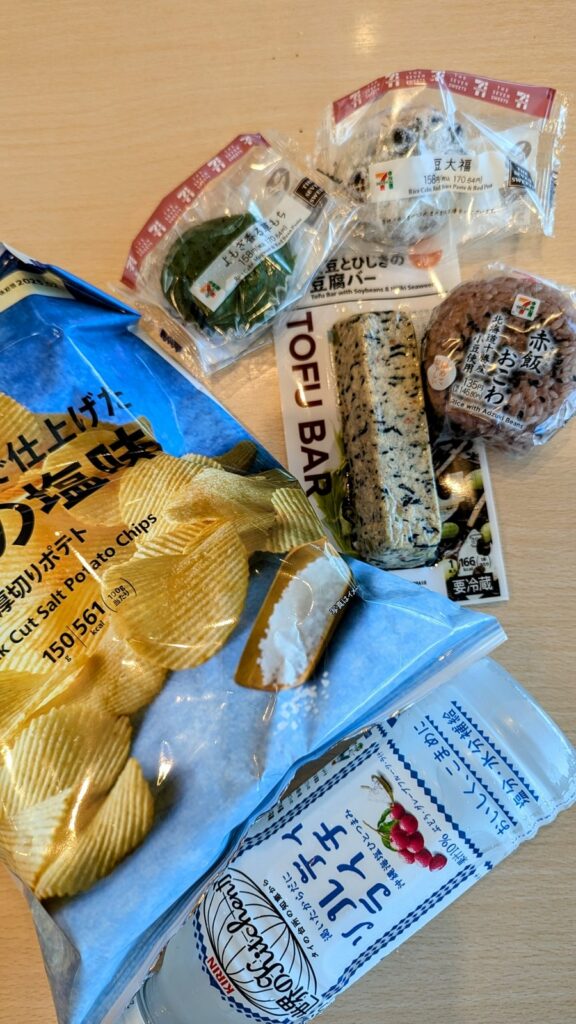
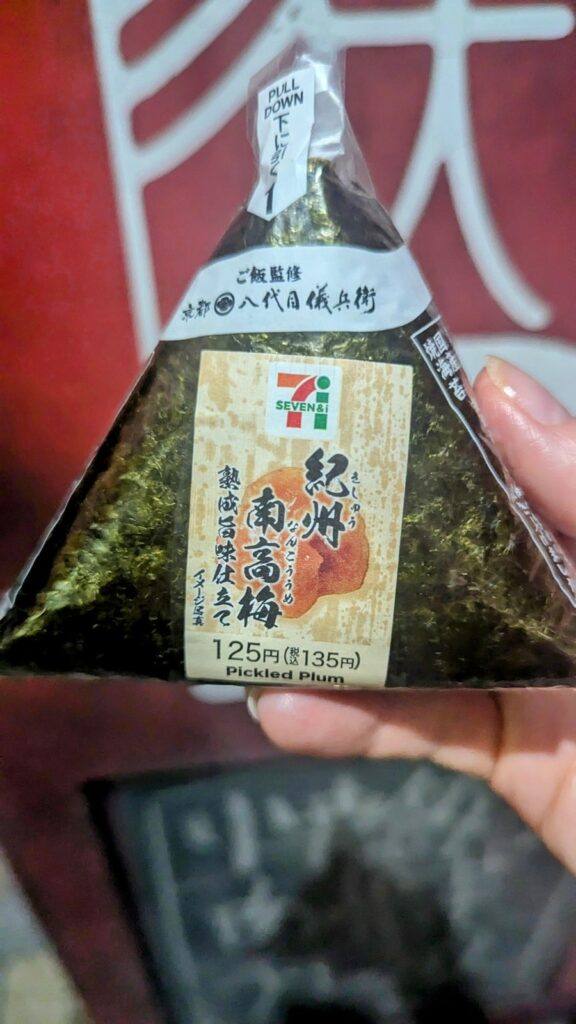
Vegan Might Not be Well Known or Understood
I already shared the story about the hotel staff member who thought fish broth could pass as vegan, and I also had other people ask if fish was ok. It’s important always to double-check, and for this trip, it might be helpful to abandon the word vegan. Let people know you don’t eat meat, fish, dairy, eggs, or anything from an animal. That should help clarify things. If you can stick to vegan or vegetarian restaurants, you’ll have nothing to worry about, but if you’re anything like me, you may want to explore a little.
Foodies Might Want to Stick to Larger Cities
If you want to go to Japan and stuff yourself full of ramen and kaarage, stick to Tokyo, Kyoto, and Osaka. Between those three cities, you will absolutely need stretchy pants. You could even spend a whole week in Tokyo and still not make it to every vegan or vegetarian spot in town. These three cities offer an incredible diversity of food and sights to see, and they are all within easy reach of other beautiful places you could visit for the day (possibly with snacks).
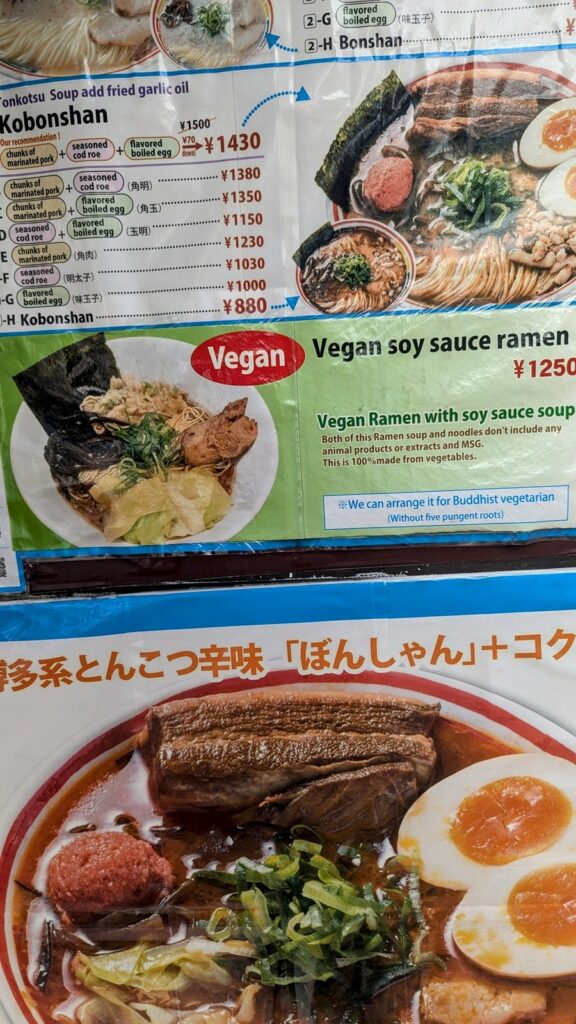
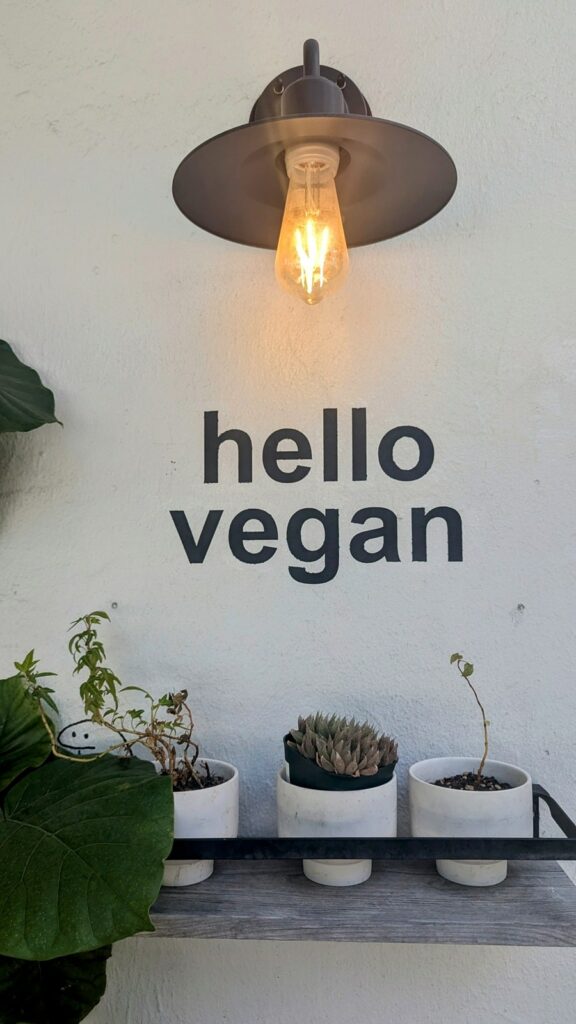
Japan Vegan Wrap Up
Japan is a very unique country with so much to see. I encourage you to explore and get off the beaten path. That might mean eating extra plain rice and protein bars remember it’s only temporary and part of the journey!

